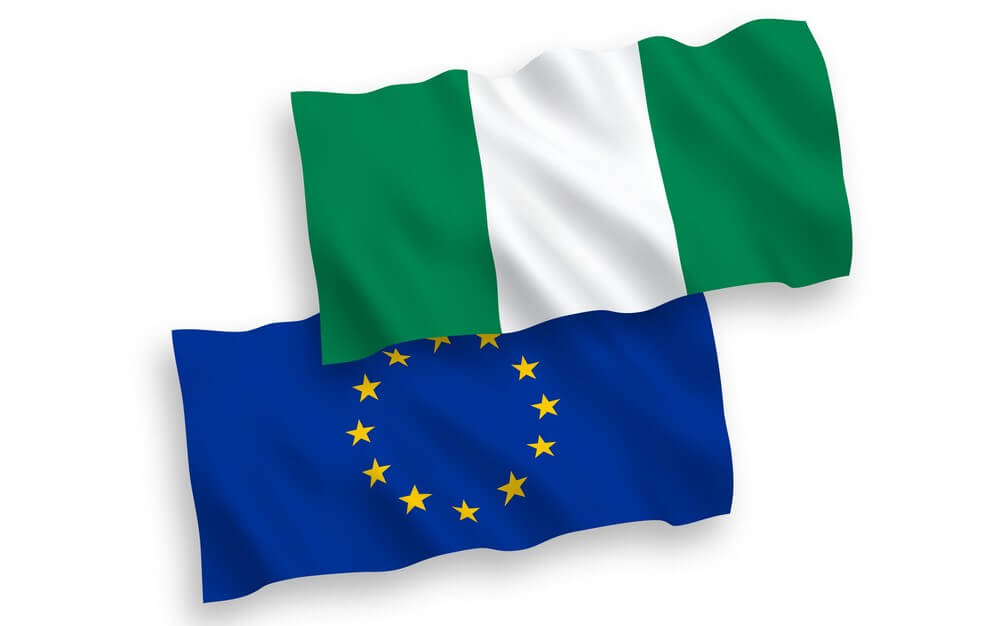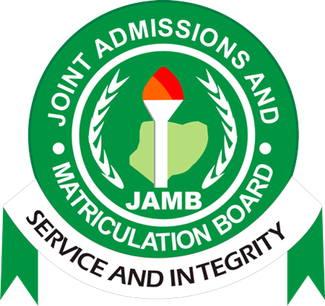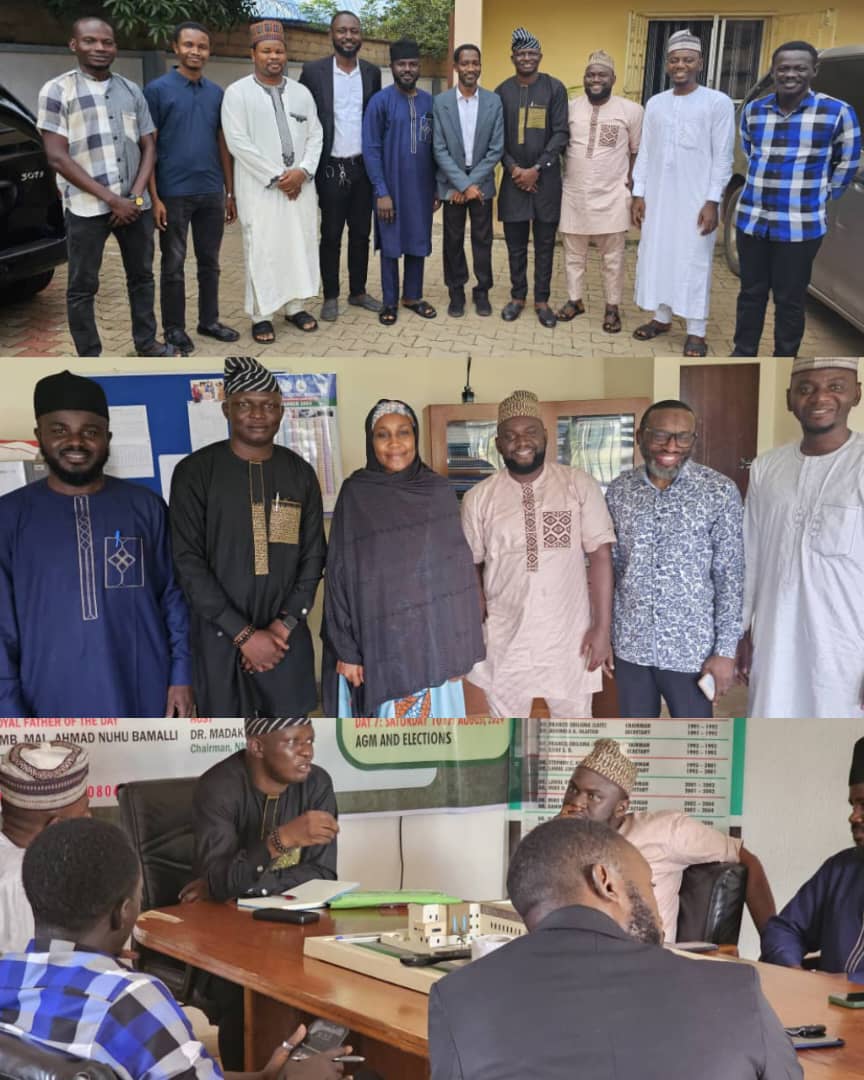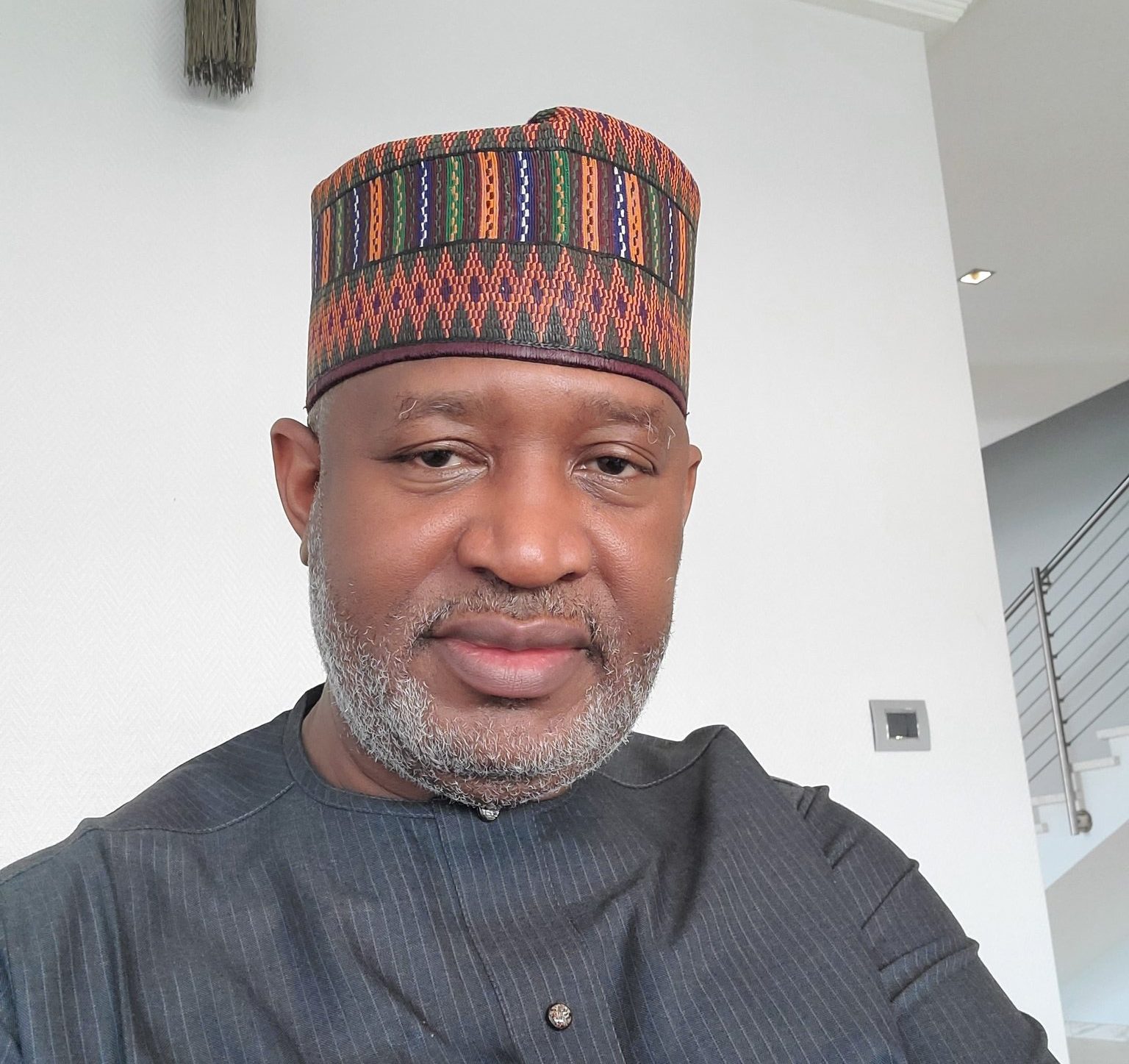The European Union (EU) Delegation to Nigeria and ECOWAS has engaged with private sector stakeholders to enhance Nigeria’s capacity in vaccine manufacturing, medicine production, and healthcare workforce development. The meeting, held in Lagos, focused on strengthening Research and Development (R&D) and expanding Technical and Vocational Education and Training (TVET) for healthcare support roles.
EU contributions to Nigeria’s health sector include the MAV+ program (€18 million) to support skills and jobs, €4.2 million for public health institutes, and €12.5 million for regional Sexual and Reproductive Health and Rights (SRHR) initiatives. Additional investments include €40 million for SRHR projects via UNICEF/UNFPA, €20 million for the Safe Birth Africa project, and a €14 million EIB loan to EMZOR Pharmaceuticals to enhance local pharmaceutical production.
Massimo De Luca, Head of Cooperation for the EU Delegation, highlighted the EU’s commitment to supporting Nigeria’s health infrastructure through grants, technical assistance, and private sector engagement. He outlined five key focus areas: skills development, R&D with advanced technologies, digitalization of supply chains, centralized procurement systems, and facilitation of trade and customs processes.
De Luca emphasized that the EU’s MAV+ initiative will focus on skills development, resilient supply chains, and improved market access for locally produced health products. He announced the introduction of a Human Development Accelerator (HDX) financing instrument to improve access to capital for private-sector healthcare businesses.
Looking ahead, De Luca assured continued collaboration with EU member states and private sector partners through bi-monthly Health Partners Meetings in Abuja. The EU will also explore new financing instruments, including equity, debt, and impact financing, to further drive private-sector participation in Nigeria's healthcare development.




